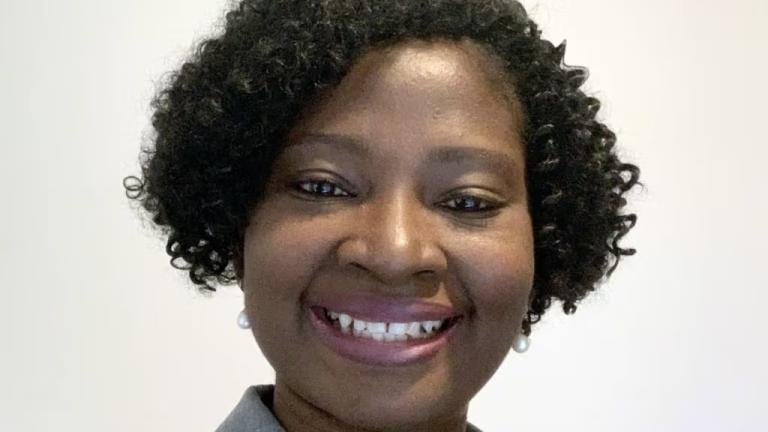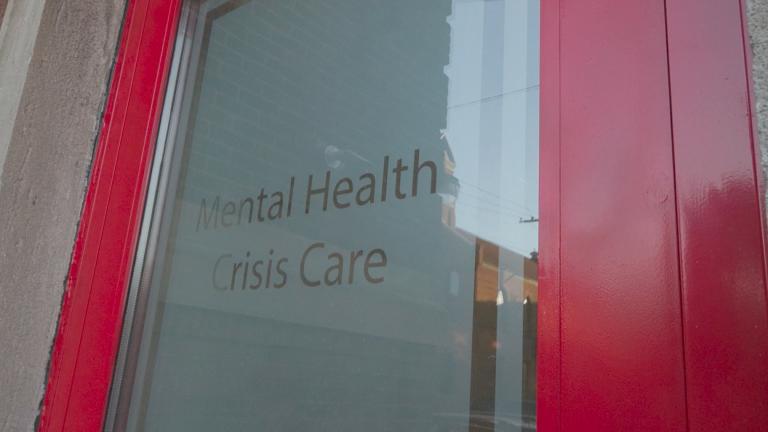Starting in January, Illinois students ages 7-17 can take up to five mental or behavioral health days off from school, without having to provide a doctor’s note.
Under the new law, recently signed by Gov. J.B. Pritzker, students may be referred to school staff for professional help after their second mental health day.
“It was pretty clear with the pandemic, the amount of pressure that was put upon our student population was showing very identifiable suicide rates amongst our children nationwide,” said state Sen. Robert Martwick, a democrat who represents parts of Chicago’s Northwest Side and a sponsor of this bill. “This [bill] was one way of letting students know that by removing that stigma that it was OK for them to address their mental health and seek the help that they need.”
Suicide was the second leading cause of death among individuals between the ages of 10 and 34 in 2019, according to the National Institute of Mental Health.
Tara Gill, psychologist and mental health consultant with Lurie Children’s Center for Childhood Resilience believes that youth need to be encouraged in their mental health journey.
“If we empower youth, particularly older youth, to identify when they’re feeling challenged mentally just as well as we might allow them to identify when they’re feeling challenged physically, they can learn to utilize these days as a benefit,” Gill said.
Both Martwick and Gill have been noticing less of a stigma around addressing mental health.
“Mental health care is a part of overall health care,” Martwick said. “We have to attend to all the parts of our body, not just if we have a cough or a fever ... If you wake up and you’re really feeling that stress and pressure, you can take a day off and attend to that.”
Still, Gill believes there needs to be caution with the implementation of this new law.
“We find that youth are reporting that they have less stigma about accessing mental health services and asking for support,” Gill said. “However, when they do reach out to adults, adults need to have the right amount of education and skills to help them navigate systems of support, whether that’s a school system providing mental health access or getting a first appointment at a clinic or hospital.”
Contact Acacia Hernandez: (773) 509-5518 | [email protected]








